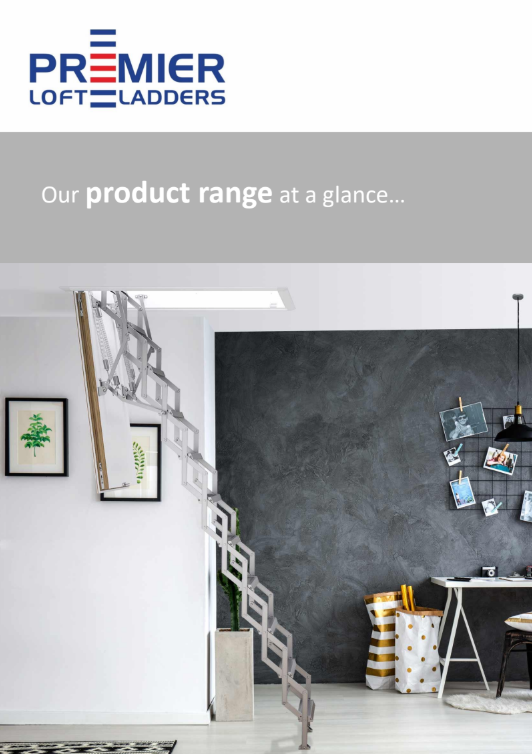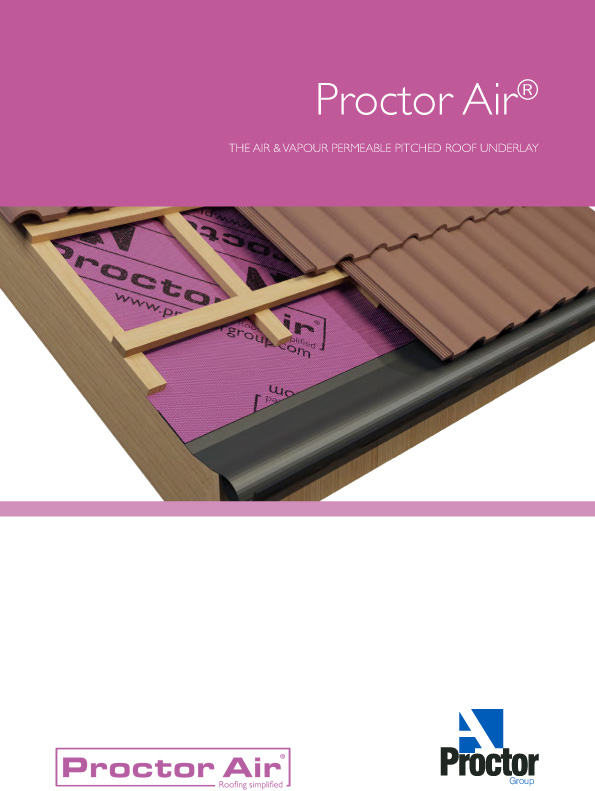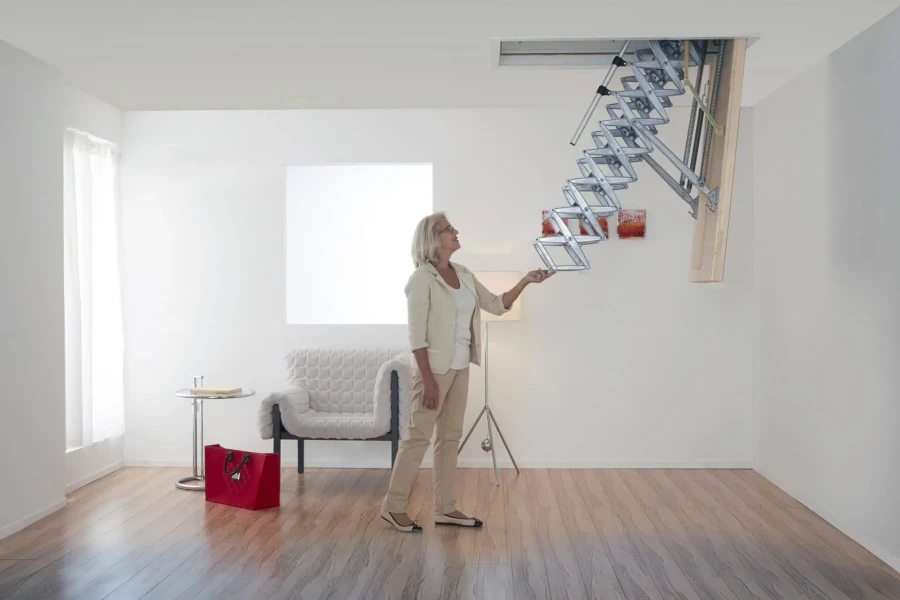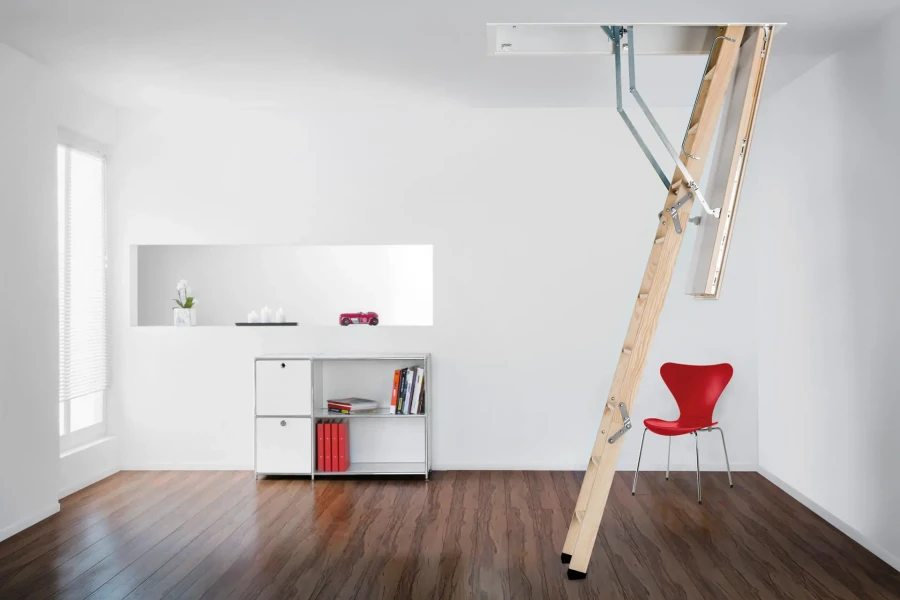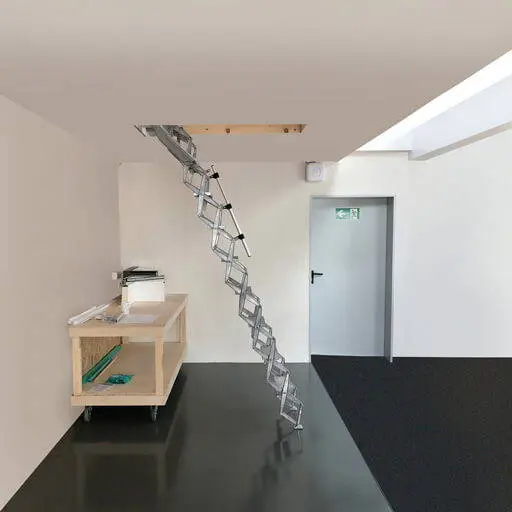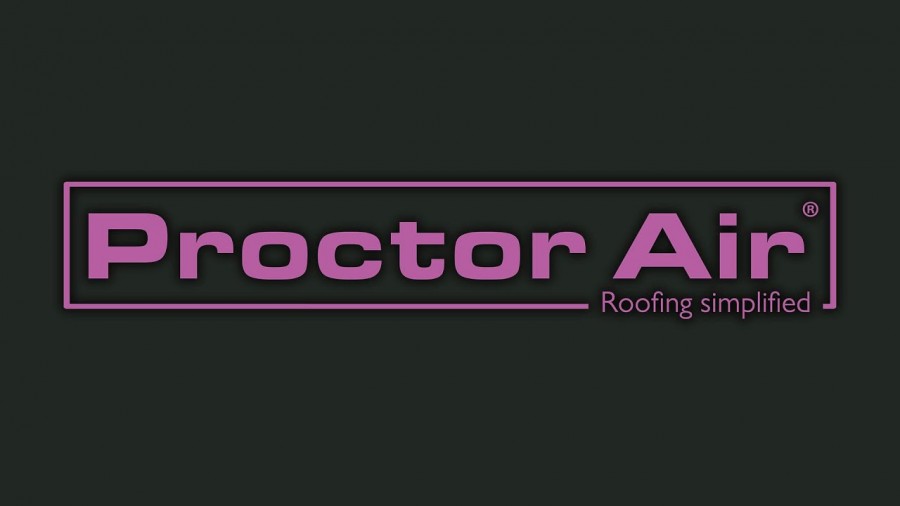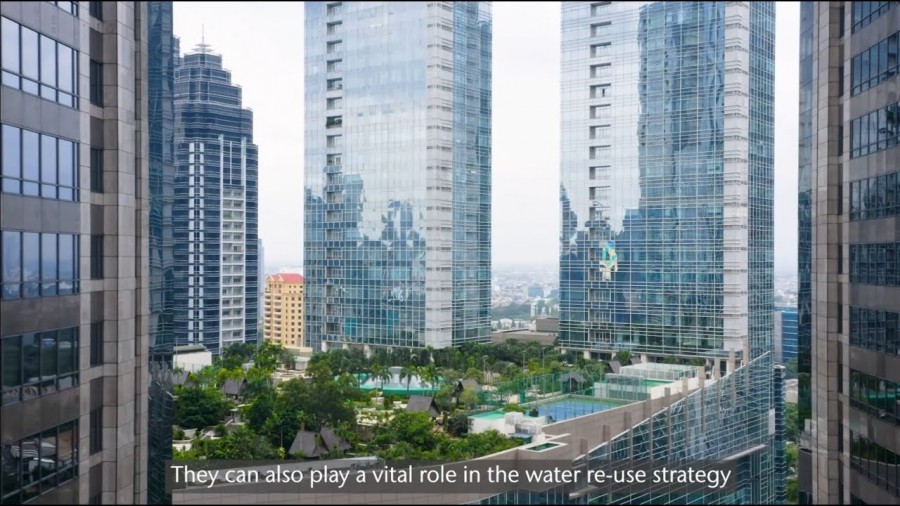
The Milky Way is a wonderous sight, but only 5% of people in the UK can enjoy a truly dark sky due to light pollution.
This statistic is one of the key findings of the CPRE’s Star Count 2023. The survey also suggests that three-quarters of people in the UK have an obscured view of the night sky due to light pollution. Bright urban lights have obscured the brilliance of the night sky for decades in the UK, but a growing movement is seeking to reverse this trend.
Dark skies lighting, an approach to outdoor illumination that minimises light pollution, is helping to preserve the beauty of the night with all the benefits this brings to the environment as well as people.
But how can lights conserve darkness, and why does darkness matter?
The problem with light pollution
Light pollution, the excessive and misdirected artificial light produced by human activities, has far-reaching consequences. It hinders our ability to observe the stars and disrupts natural ecosystems, negatively affecting human health, and wasting energy:
A threat to biodiversity: Artificial light can interfere with the behaviour of nocturnal animals of all types, disrupting their natural habitats. Insects, for example, are drawn to artificial lights, leading to population declines with cascading effects on other species in the ecosystem. Bats can also be affected by artificial lighting, which can delay or prevent their emergence from roosts.
Wellbeing concerns: Exposure to artificial light at night has been linked to various health issues in humans. Disrupted sleep patterns, increased risk of chronic diseases, and disturbances in circadian rhythms are just some of the documented effects.
Wasted energy and resources: Streetlights, billboards, and other sources of outdoor illumination contribute to unnecessary energy consumption if the lighting is not well controlled.
Dark Sky lighting solutions
DarkSky International is dedicated to combating light pollution worldwide and certifies lighting solutions that help to preserve dark skies. The health and environmental concerns of light pollution can be mitigated by DarkSky friendly lighting systems. The features of dark sky friendly lighting include:
Shielded fixtures: These are designed to direct light where it is needed, minimising upward and outward light dispersion. By controlling the direction of light, these fixtures can significantly reduce light pollution while still providing adequate illumination for safety and visibility.
Low-intensity lighting: Lights with lower intensity and warmer colour temperatures contribute to a softer and more ambient illumination. This enhances visibility and reduces the overall impact on the night sky.
Smart lighting: The use of motion sensors and dimming technologies can further optimise energy consumption and minimise light pollution.
As the world becomes increasingly urbanised and illuminated, the need to protect natural darkness is growing. Dark skies lighting is not just about stargazing; it is a commitment to environmental stewardship, biodiversity conservation, and the wellbeing of both humans and wildlife. By adopting responsible lighting practices, the beauty of the night sky can remain a source of wonder for generations to come.
As a leading lighting manufacturer committed to supporting better and more responsible products, Tamlite offers a range of DarkSky approved lighting solutions. For more information, please visit their website.











